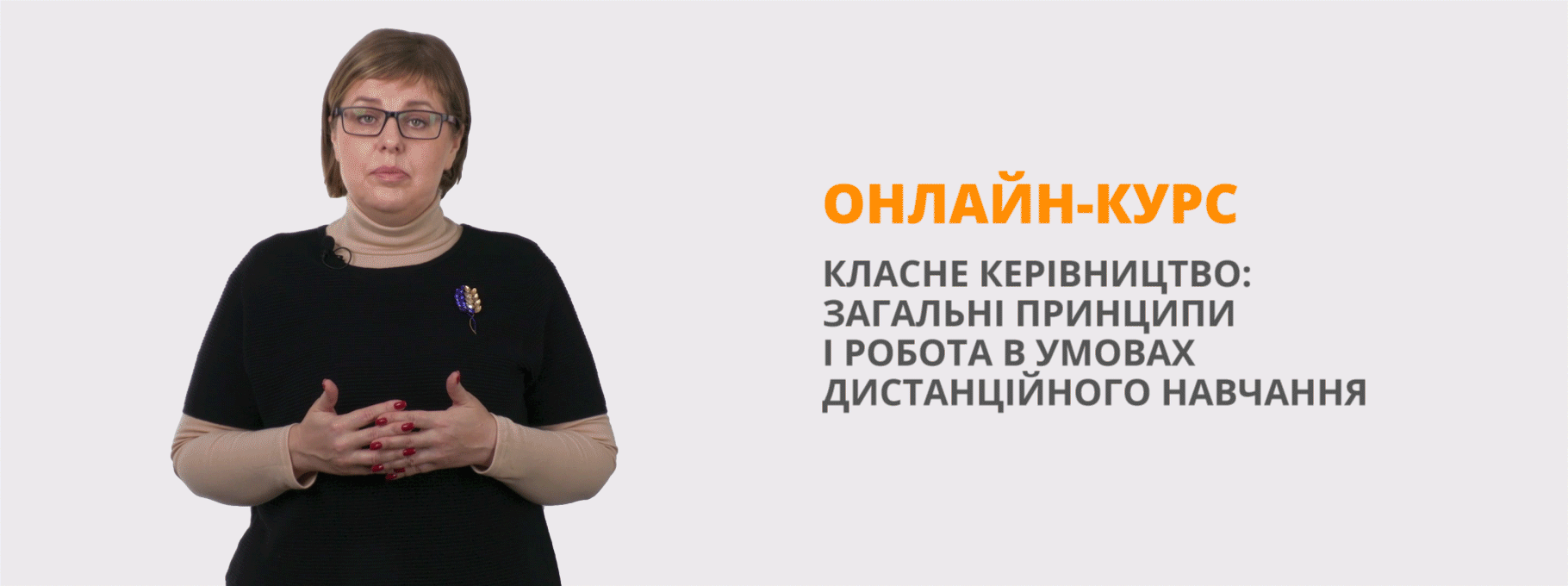Завдання до уроку англійської мови для учнів 11 класу
Завдання(наробки до уроку) до уроку англійської мови для учнів 11 класу для активізації навичок говоріння
ЗАВДАННЯ Reading. Match choices (A-H) to (1-5). There are two choices you do not need to use.
WHY DO TEENS TAKE RISKS?
When teens drink or do other forbidden things, adults often say we aren’t thinking about the risks of unsafe behaviour. But a recent study shows that teens think things through far more than people realize. I wanted to know more, so I decided to interview Dr. Valerie Reyna, a Cornell University professor. David Schmutzer
Interviewer: 0 ________A____________
Dr. Valerie Reyna: The conventional wisdom has been that kids do these activities because they think they’re invulnerable and they’re going to live forever. The research has shown that’s not the case. In fact, teens think that they’re more vulnerable than adults think they are.
Teens actually take longer than adults to think about the risks and benefits of doing something dangerous They even overestimate their risk. But then they decide the benefits — like peer acceptance — outweigh the risks. That’s why they engage in the risky behaviour.
Interviewer: 1________________
Reyna: We used to think that you got to be an adult and you began to calculate risks more. But now the evidence suggests that you calculate less as you get older, and that’s why you don’t take risks.
The theory is that adults don’t need to go into the precise details and weigh them to make a decision. Instead, they base their decisions on their bottom-line “gist” of the situation.
Interviewer: 2______________
Reyna: There are certain situations that adults look at and they say, “Wow, we know how this situation is going to turn out before we hear the rest of the story.” For young people without experience, what happens can be a surprise.
For example, let’s say it’s prom night and some kids are renting a hotel room, there’s a lot of drinking going on, and there’s no adult supervision. Most adults won’t be surprised that there might be some behaviour problems in that situation: an adult immediately gets the gist. The bottom-line decision is that you don’t get into that situation. If you’re not in that situation, nothing bad will happen to you.
Interviewer: 3________________
Reyna: There are teens who are thrill seekers and others who are more risk-averse and that continues into adulthood. Some teens appear to mature faster, which means they’re getting the “gist” sooner.
Why do some teens get the gist sooner than others? We don’t know, but as you get more experience, you learn more about risky behaviour and your thinking changes. Also, parents are often cited as the most important role models in a child’s life.
Interviewer: 4________________
Reyna: Believe it or not, but teens overestimate the risk of risky behaviours. The teens surveyed didn’t think they were immortal. In fact, some had a very fatalistic attitude [meaning they think they are powerless to change the future].
What’s the first thing public health officials do when they’re trying to educate teens? They tell teens what the risks are because they want to inform them. It’s very well intentioned, but it could backfire. In fact, if you tell a teen the risk is X and it turns out it’s lower than they thought it was, you could make them more likely to engage in risky behaviour.
Interviewer: 5__________________
Reyna: Examine your values carefully and think about how your everyday life connects to those values. Instead of thinking of values as an abstraction, think about how you would apply them to your encounters with people in concrete situations.
A What makes teens do risky things?
В How can public health officials help to inform teens?
C What surprised you in your research?
D What’s your advice to teens?
E When do teens start making more adult decisions?
F Why do some teens choose not to take risks?
G What’s “bottom-line” decision-making?
H What are the benefits for teens to engage in the risky behaviour?


про публікацію авторської розробки
Додати розробку
